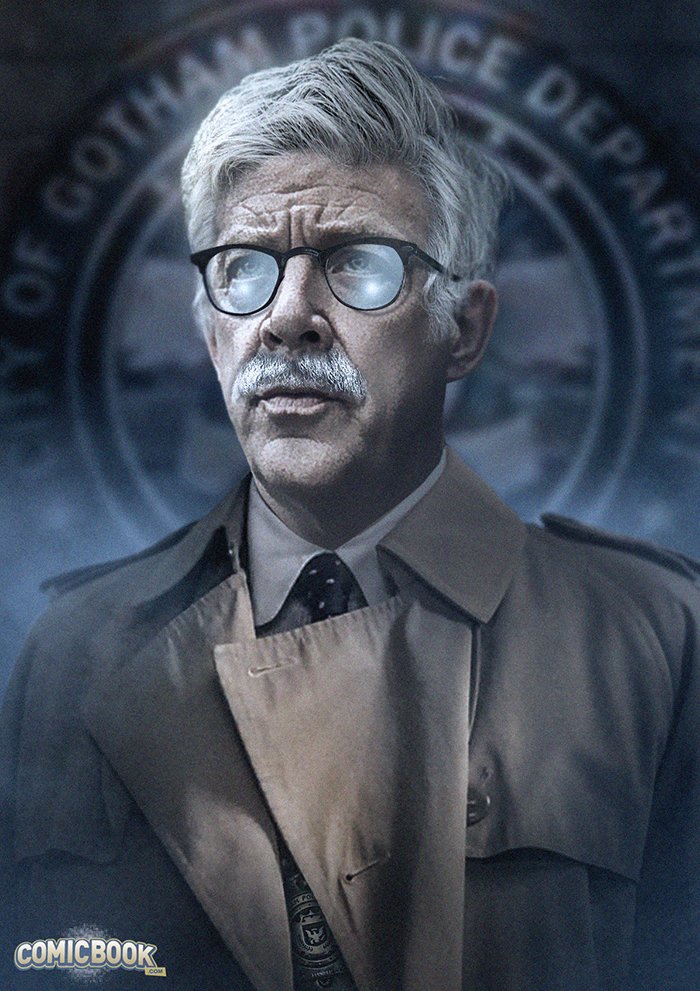A sign at the Westside Diner in Flint, Mich., reassures customers that it serves uncontaminated water pulled from Detroit’s drinking supply. Brett Carlsen/Getty Images hide caption
toggle caption Brett Carlsen/Getty Images
The once routine practice of getting a glass of water before a restaurant meal in Flint, Mich., is now fraught with apprehension, since lead pipes started leaching into the drinking water after officials switched to the highly corrosive Flint River as the city’s water supply.
The crisis over lead-contaminated water has touched every aspect of life in Flint, and for restaurants, it could not have come at a worse time. In the past few years, restaurants have been resurging, especially in downtown Flint. Now, they are trying to recoup lost business and convince leery customers that their water is safe.
Flint switched back to Lake Huron for its drinking water late last year. But despite the ongoing testing for lead, city and state officials say it’s time to go on the offense in regard to restaurants.
George Wilkinson, vice president for the Flint & Genesee Chamber of Commerce, says everyone should know “that it’s OK to come out and go to these different restaurants for meals, because the water’s been tested, it’s certified and it’s clear. Flint is open for business.”
Blackstone’s Pub and Grill is one eatery that has helped to revitalize Flint’s downtown. Posters on its front windows promote concerts and other events, but one prominently displayed sign lists the results of the restaurant’s test results in big bold letters: “Water — lead free.”
However, the lunch crowd inside is thin. Manager Patti Bergstrom says business has been slack. “We’ve noticed a change. We get a lot of phone calls like, ‘Oh my goodness, what do you do for your water? How do you wash your dishes?’ ” she says.
Bergstrom says restaurants know that keeping lead out of their water is crucial. When they rinse produce, for example, they let the water run first for a while, to flush any lead that may have settled in the plumbing overnight. Many restaurants have bought expensive filtration systems to keep the lead out of beverage machines, bar guns, ice-makers and dishwashers. Bergstrom says Blackstone’s new filtration system cost about $800, with $250 replacement filters.
Some restaurants buy bagged ice. And unlike Flint residents, they also have to buy bottled water. The Flint & Genesee chamber tries to mitigate that cost by offering free water to businesses twice a week.
Amy Hadd, a secretary eating lunch at Blackstone’s, lifts her glass of water. “I feel comfortable drinking the water here,” she says. “It’s filtered. It’s been tested. As long as the results are posted, I don’t mind.”
The Genesee County Health Department sent a letter to restaurants about how to handle tap water last October, but they were just guidelines distributed before the water emergency was declared.
Anthony Pavone, a supervisor with the Health Department, says inspectors have since tested hundreds of facilities, including chain restaurants.
“A lot of them already had filters on their pop and ice machines, just because they want their product to be consistent at all their locations,” he says. “They take every precaution they can for variations in different water supplies.”
Carlos Amos, manager of Angelo’s Coney Island in Flint, Mich., talks to Anthony Pavone, supervisor of the Genesee County Health Department. Amos says the restaurant’s owner got a good deal on bottled water that customers can choose to buy. Cheryl Corley/NPR hide caption
toggle caption Cheryl Corley/NPR
The iconic Angelo’s Coney Island has been operating in Flint for more than 60 years. A sign at the front of the restaurant says: “All of our beverages and ice are made with filtered water.” But even here, says manager Carlos Amos, business is down. “The first question out of everybody’s mouth is, ‘Do you have Flint water?’ “
Amos says the restaurant’s owner bought a new filtration system and stacks of bottled water to sell to customers who prefer it. On every table, there’s a copy of an inspection report showing no lead in Coney Island’s water.
Mason Miller, a General Motors retiree eating breakfast at the restaurant, says he doesn’t pay much attention to the signs, because he expects clean water. “You would think that would be the No. 1 priority on a restaurant list — to make sure that people could come in here and be safe,” he says.
That’s an opinion that many of the restaurateurs in Flint hope more people will embrace during a water crisis that has yet to be resolved.







